Birthdays in retirement aren’t just a reason to celebrate—they’re also checkpoints that can unlock new financial opportunities (or trigger important deadlines). From Social Security eligibility to Required Minimum Distributions (RMDs), several key ages mark turning points in your retirement journey. Here are four birthday milestones every retiree should know—and what they mean for your financial strategy.
- Age 59½ – Penalty-Free Access to Retirement Accounts
Reaching age 59½ marks the first major turning point in retirement account flexibility. This is when the IRS no longer applies the 10% early withdrawal penalty on distributions from tax-deferred accounts like traditional IRAs and 401(k)s.
While you’ll still owe income taxes on those withdrawals, the ability to access funds penalty-free provides more control over your income strategy. Some individuals use this phase to begin drawing regular distributions as part of their income strategy before claiming Social Security or to bridge the gap to Medicare eligibility.
Strategy Tip: Coordinate withdrawals with your tax bracket to avoid unintentional spikes in taxable income.
- Age 62 – Earliest Age to Claim Social Security
At 62, you’re eligible to begin claiming Social Security benefits. However, claiming early comes with a trade-off: your benefit will be permanently reduced by as much as 30% compared to waiting until full retirement age (FRA).
This age sparks one of the most important decisions in retirement planning: Should you claim now or delay for a larger monthly check?
Strategy Tip: If you’re still working or don’t need the income yet, delaying may increase your monthly benefit, depending on your personal earnings record and age at claim, especially for those with longevity in their family.
- Age 65 – Medicare Eligibility Begins
Turning 65 is another major milestone, as it opens the door to Medicare. You can enroll in Medicare Part A and B during the 7-month Initial Enrollment Period, which starts three months before your 65th birthday.
Missing this window could lead to lifetime penalties, so it’s crucial to plan ahead. Even if you’re still working and covered under an employer plan, understanding how Medicare works with your current coverage is essential.
Strategy Tip: Start comparing Medicare plans in advance, especially if you have prescriptions or specific healthcare needs.
- Age 73 – Required Minimum Distributions (RMDs)
Starting at age 73 (or 75 if you turn 74 after January 1, 2033, per the SECURE 2.0 Act), you’re required to begin taking distributions from most tax-deferred retirement accounts. These RMDs are taxable and must be calculated annually based on your age and account balance.
Failing to withdraw the full amount can result in steep penalties of up to 25% of the shortfall. Strategically managing RMDs can help reduce your tax burden and preserve wealth over time.
Strategy Tip: Consider partial Roth conversions in the years before RMDs begin to reduce future taxable income.
The Bottom Line
Each birthday milestone brings with it a new layer of complexity—and opportunity. From avoiding penalties to maximizing benefits, making the right choices at the right time can significantly impact your financial security in retirement.
Whether you’re approaching 59½ or already navigating RMDs, a financial advisor can help ensure your strategy is aligned with your lifestyle, goals, and the ever-changing tax landscape. Let’s turn your retirement milestones into stepping stones toward a secure and fulfilling future.
Ready to take the next step? Schedule a meeting with our team today—we’re here to help you make the most of every chapter of retirement.
- IRS on Retirement Topics – Withdrawals
- Social Security Early Retirement
- gov – When to Sign Up
- IRS on RMDs
The information provided in this blog is for informational purposes only and should not be considered as official guidance or advice from the Social Security Administration (SSA). While we strive to provide accurate and up-to-date information, we are not affiliated with the SSA, and the content presented here may not always reflect the most current policies or regulations of the SSA. Therefore, readers are encouraged to verify any information provided here with official sources or consult with qualified professionals for personalized guidance regarding Social Security matters.
SWG 4434747-0425











